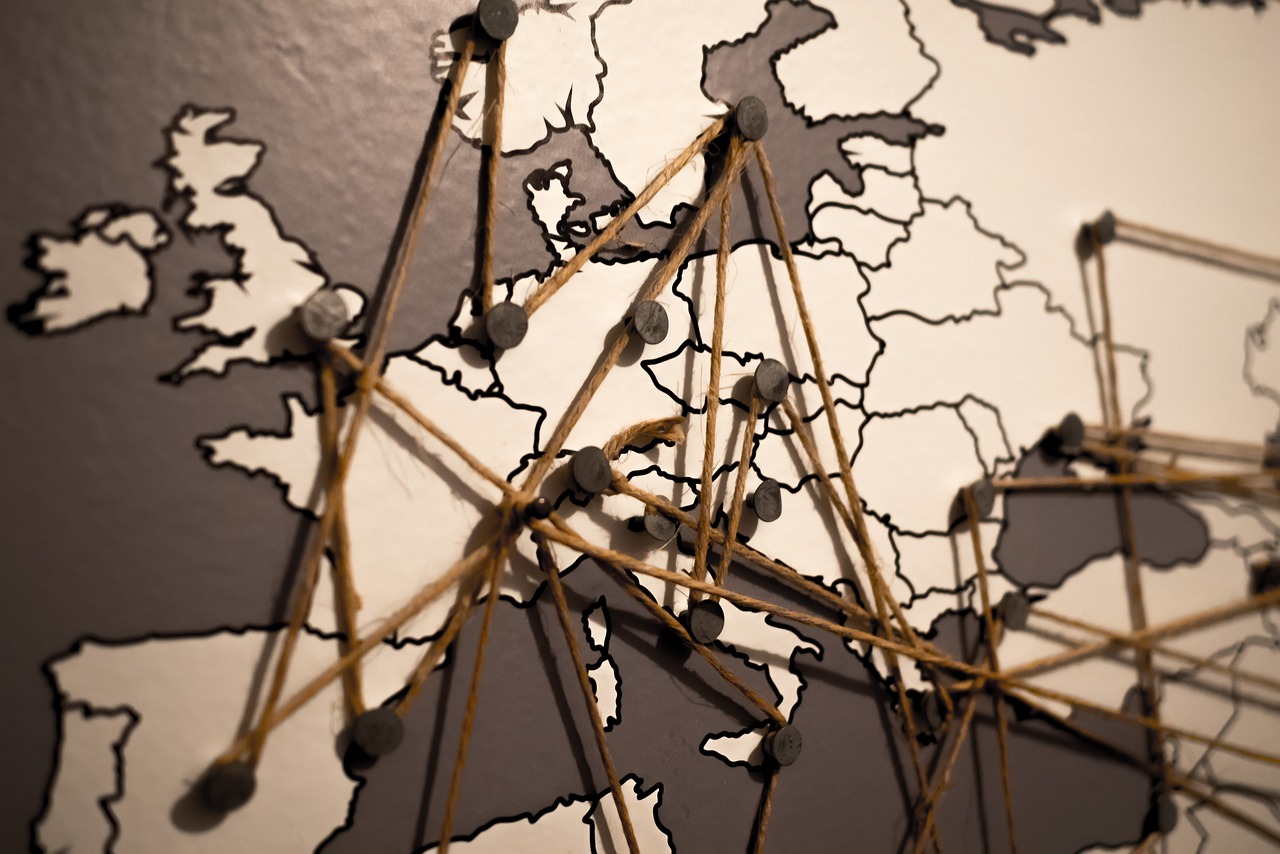AP European History 🇪🇺
335 resourcesSee Units
Multiple Choice Practice for Scientific, Philosophical, and Political Developments
Welcome to Unit 4 AP Euro Multiple Choice Questions! Grab some paper and a pencil 📄 to record your answers as you go. You can see how you did on the Unit 4 Practice Questions Answers and Review sheet once you're done. Don't worry, we have tons of resources available if you get stumped 😕 on a question. And if solo study is not your thing, join a group in Hours!
Not ready to take a quiz yet? Take a look at the Intro to Unit 4.

Image courtesy of Pixabay
Facts about the test: The AP Euro exam has 55 multiple choice questions and you will be given 55 minutes to complete the section. That means it should take you around 1 minute per question.
The following questions were not written by College Board and, although they cover information outlined in the AP Euro Course and Exam Description, the formatting on the exam may be different.
1. This term refers to the belief that earth is the center of the solar system:
A. Heliocentric
B. Geocentric
C. Copernican
D. Aristotle
2. Copernicus published this theory on his deathbed:
A. Heliocentric Theory
B. Geocentric Theory
C. The Flat Earth Theory
D. The Aristotle Theory
3. This scientist created a model of the planets in which they moved in elliptical orbit.
A. Brahe
B. Copernicus
C. Galileo
D. Kepler
4. Sir Isaac Newton was responsible for several important scientific discoveries including:
A. Vaccines
B. The geocentric theory
C. Gravity
D. Cell structure
5. Rene Descartes and Francis Bacon both encouraged this idea which helped define modern science:
A. Reading Aristotle and Plato to gain a better understanding of the natural world
B. Using the Bible to understand the natural world
C. The use of empirical evidence
D. Studying microbiology to better understand human life.
6. Which of the following would not be considered an “idea from the Enlightenment?
A. Freedom of information
B. Religious toleration
C. Political representation
D. Religious discrimination
7. Which Enlightened Philosopher expressed controversial ideas that were not popular during his life?
A. Voltaire
B. Rousseau
C. Diderot
D. Montesquieu
8. Montesquieu is most widely known for what idea?
A. Separation of powers in government
B. The creation of the Encyclopedia
C. Religious toleration
D. Innocent until proven guilty
9. Which of the following is the name of the religious belief that became popular during the Enlightenment in which God is theorized to have created the universe and then left it alone.
A. Transcendentalism
B. Atheism
C. Deism
D. Humanism
10. What would be an example of the encouragement of the spread of information that became popular during the Enlightenment?
A. The Encyclopedia
B. The Two Treatises on Government
C. Essays on the Customs and the Spirit of the Nations
D. The Social Contract
11. What purpose did Saloons serve during the Enlightenment?
A. They were places of discussion of religious ideas and how they interacted with Enlightenment ideas
B. They were places of discussion of anti-Enlightenment ideas.
C. They produced copies of popular Enlightenment works
D. They were places of discussion of Enlightenment ideas.
12. Frederick the Great feuded with what country the most during his reign?
A. Britain
B. Austria
C. France
D. Russia
13. Which of the following was NOT an Enlightened Despot?
A. Joseph II
B. Charles II
C. Frederick William I
D. Frederick II
14. What countries participated in the partitioning of Poland?
A. Russia, Austria, and Prussia
B. Russia, France, Prussia
C. Austria, Prussia, France
D. Austria, Britain, France
15. Which of the following resulted from the growth of cities?
A. The enclosure act
B. Increased food production
C. The decline of disease
D. All of the above
- 🙌 Time to check your answers on Unit 4 Practice Questions Answers and Review.
- 🤝Connect with other students studying AP Euro with Hours.
Browse Study Guides By Unit
🎨Unit 1 – Renaissance & Exploration
⛪️Unit 2 – Reformation
👑Unit 3 – Absolutism & Constitutionalism
🤔Unit 4 – Scientific, Philosophical, & Political Developments
🥖Unit 5 – Conflict, Crisis, & Reaction in the Late 18th Century
🚂Unit 6 – Industrialization & Its Effects
✊Unit 7 – 19th Century Perspectives & Political Developments
💣Unit 8 – 20th Century Global Conflicts
🥶Unit 9 – Cold War & Contemporary Europe
🚀Thematic Guides
📝Long Essay Questions (LEQ)
📆Big Reviews: Finals & Exam Prep

Fiveable
Resources
© 2023 Fiveable Inc. All rights reserved.